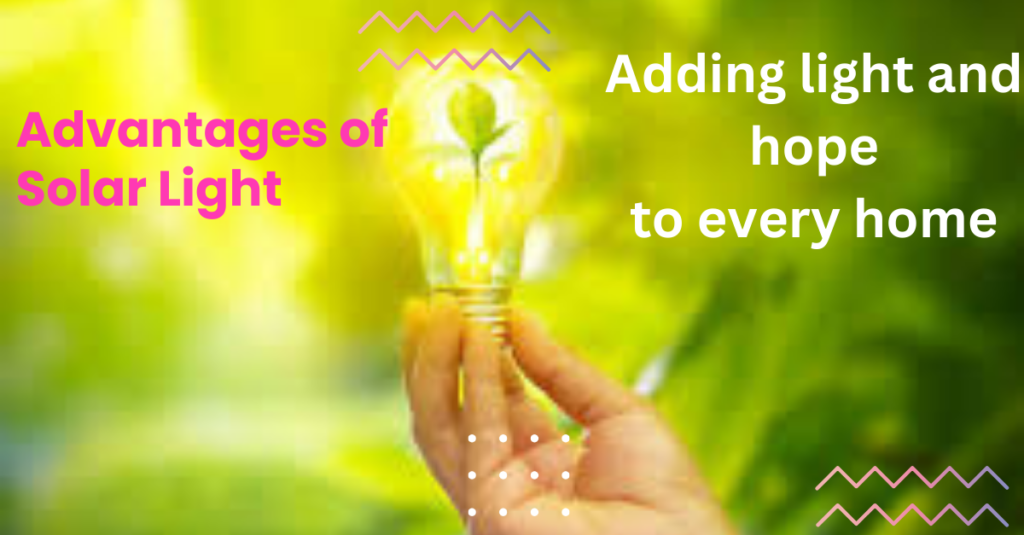Sustainable development in the education system involves integrating principles of sustainability into all aspects of learning, teaching, and operations within educational institutions. Here are several ways in which sustainable development can be promoted in the education system:

Curriculum integration: Infusing sustainability concepts, environmental stewardship, and social responsibility into the curriculum across various subjects and educational levels can help students develop a deeper understanding of sustainable development goals and practices.
Experiential learning: Providing opportunities for students to engage in hands-on experiences related to sustainability, such as community service projects, environmental fieldwork, and sustainable design challenges, can foster a practical understanding of sustainable development.
Campus operations: Implementing sustainable practices within educational institutions, such as energy-efficient buildings, waste reduction, eco-friendly transportation, and sustainable food sourcing in cafeterias, can serve as real-world examples of sustainable development for students.
Partnerships and outreach: Collaborating with local communities, businesses, and organizations to develop sustainability initiatives, community projects, and environmental advocacy programs can help educational institutions promote sustainable development beyond their campus boundaries.
Research and innovation: Encouraging research and innovation in areas such as renewable energy, sustainable agriculture, environmental conservation, and social equity can contribute to the advancement of sustainable development practices.
Empowerment and leadership: Equipping students with the knowledge, skills, and values necessary to become responsible global citizens and leaders in sustainable development efforts is a crucial aspect of integrating sustainability into the education system.
Professional development: Providing educators with training and resources to incorporate sustainability into their teaching practices and to stay updated on current sustainability issues and solutions is essential for promoting sustainable development in education.
By integrating sustainable development principles into the education system, students can develop the knowledge, skills, and attitudes needed to contribute to a more sustainable and resilient future for society and the planet.
- Best Solar Companies in Lagos, Nigeria (2025) – Top 10 Trusted Installers for Homes & BusinessesTop 10 Trusted Installers for Homes & Businesses
- POWERING PROSPERITY: Vanpeux Solarity’s $1.2B Energy Ecosystem for Africa’s Informal Economy76 million Nigerians lack electricity. We’re capturing a $1.2B solar energy gap by empowering micro-entrepreneurs, healthcare, and SMEs. Global Recognition: Awarded by SilverBird TV Business Network* for visionary leadership.
- Solar Panel Maintenance Tips for Maximum EfficiencySolar panels are a long-term investment that can provide clean and cost-effective energy for years. However, to maximize their efficiency and lifespan, regular maintenance is essential. Proper care ensures that your solar panels generate optimal power and continue to reduce your energy costs effectively. Here are some essential maintenance tips to keep your solar panels performing at their best.
- Solar Energy vs. Generator: Which is the Best Backup Power Solution?Reliable power is essential for homes and businesses, especially in Nigeria, where power outages are common. Many people debate whether to invest in solar energy or rely on traditional fuel generators. In this article, we compare both options to help you choose the best backup power solution.
- Top 5 Solar Energy Trends Revolutionizing 2025solar industry has seen remarkable advancements over the last decade, and 2025 is shaping up to be a transformative year. Innovations in technology, policy changes, and heightened awareness of climate issues are driving the adoption of clean energy solutions. Here are the top five solar energy trends revolutionizing the industry in 2025

